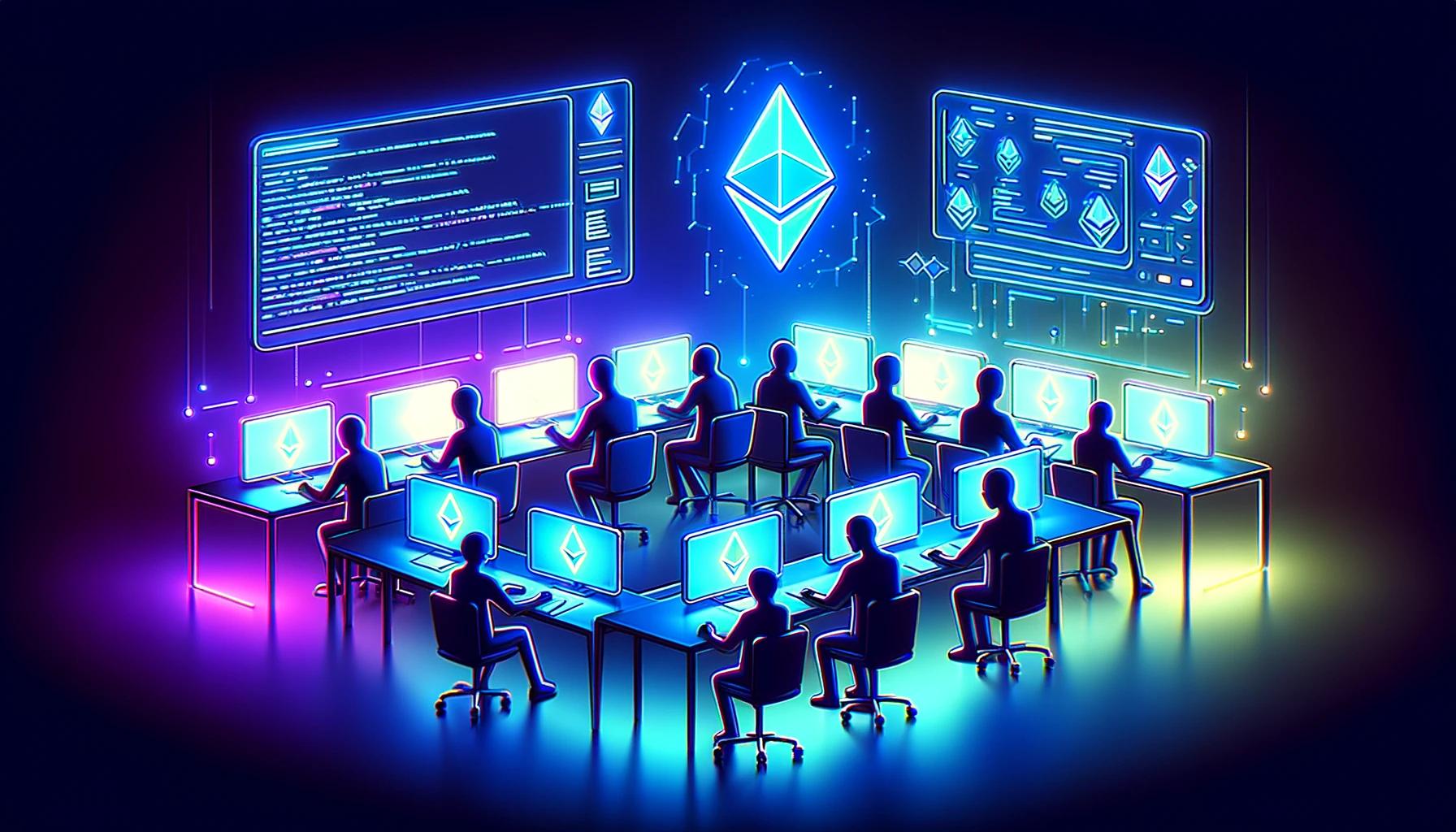Dencun will reduce Layer 2 transaction fees by introducing proto-danksharding.
Ethereum’s core developers have scheduled the long-awaited Dencun upgrade’s mainnet deployment for March 13.
The date was agreed upon during the Feb. 8 All Core Devs Execution call. Terence Tsao of Prysmatic Labs tweeted that updated Ethereum clients will be released on Feb. 22 ahead of the upgrade.
The announcement followed three successful testnet deployments over the past four weeks, with no major issues encountered following the last two on Sepolia and Holesky respectively.
Proto-danksharding
Dencun will significantly reduce the costs associated with transacting on Ethereum, particularly on Layer 2, by introducing EIP-4844 — also known as proto-danksharding. The upgrade reduces transaction costs by replacing gas-intensive calldata with lightweight Binary Large Objects (blobs).
Unlike calldata, blobs do not compete with Ethereum transactions for gas, improving data availability. Blob data is also deleted after two weeks, whereas calldata is stored indefinitely on the Ethereum blockchain.
Ethereum Foundation moves to onboard new core developers
On Feb. 7, the Ethereum Foundation announced it will launch a ten–week program designed to train up new core developers. The news comes as the foundation is readying to onboard its fifth cohort of contributors via the Ethereum Protocol Fellowship (EPF).
Dubbed the EPF Study Group (EPFsg), the new program will begin on Feb. 19 and spans weekly 90 minute webinars. Participants can select between curricula focusing on Ethereum research, development, or both. The topics covered include protocol design, execution and consensus layer architecture, testing methods and tooling, and current research priorities including Sharding, MEV, and Verkle trees.
“Over the past [EPF] two cohorts, one of the most frequent requests we’ve received from applicants & participants was for better onboarding materials,” the Ethereum Foundation said. “EPFsg has been designed to guide and grow the next generation of Ethereum core developers and provide a deep understanding of Ethereum’s internal mechanics.”
On the same day, the Ethereum Foundation also announced it is offering $1M in funding through its 2024 academic grants round.
Start for free
The round aims to support research into wide rage of subjects including economics and game theory, cryptography, client engineering, security, and privacy. Grants are not available to financial products, projects with a token launch or public funding round planned, or projects requesting retroactive funding.
The window for grant submissions closes on March 5.
Credit: Source link




